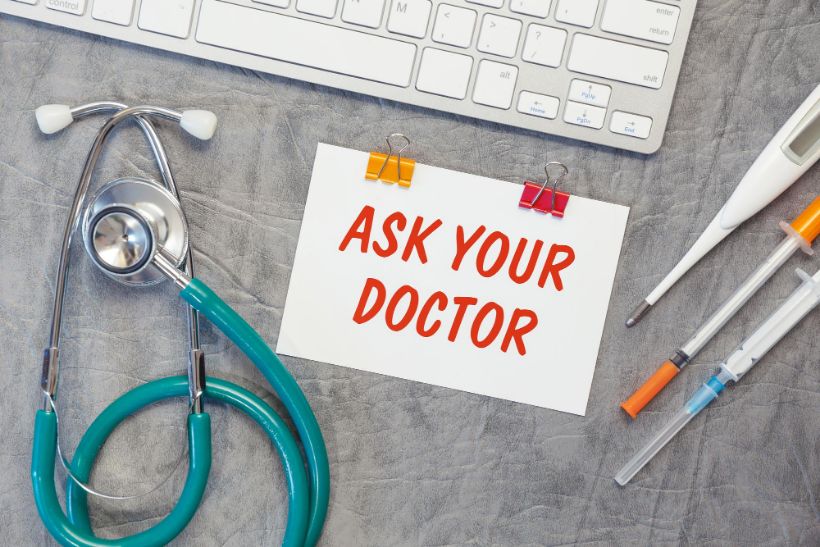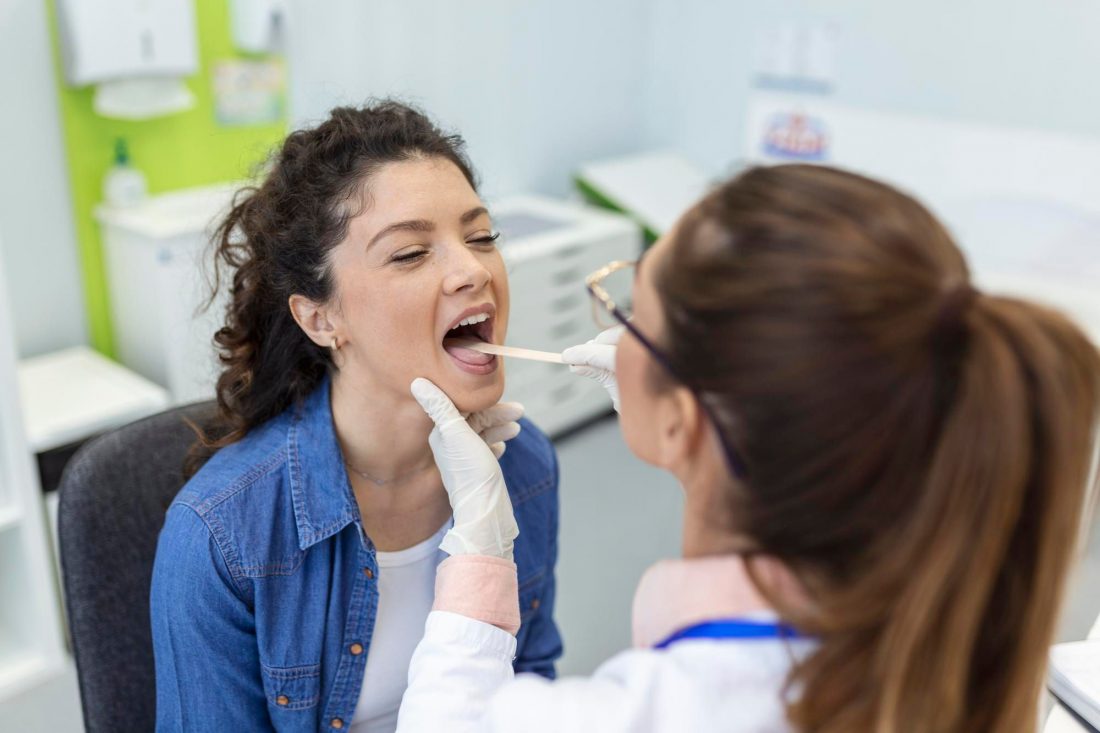If you're gearing up for your first visit with a new primary care physician, prepare to bear more than your body, said Caroline Rudnick, MD, Ph.D., a Saint Louis University family physician. "Having a good relationship with your doctor is important. Your new doctor visit checklist should be ready while comfortable discussing your lifestyle and health history so your doctor can best address your health concerns and keep you healthy,"
Dr. Rudnick said. "Information is a powerful weapon, and if I'm armed, I can do a better job helping a patient fight to stay healthy."
Here are the top five things Dr. Rudnick suggests you and your doctor should discuss during your first visit:
1. Number one on your new doctor visit checklist is discussing your past medical history -
"It sounds obvious, but it's things some patients forget," she said. Your doctor will ask what procedures you've had, what illnesses you've had, whether you've been hospitalized and, if so, where and when. Write them down before you visit, and make sure the list is complete.
2. Medications you take -
"Bring the bottles with you to the appointment so that you don't have to worry about whether you've spelled the name of medicine correctly or remembered to include the dosage." If you are allergic to any medicine, now's the time to mention it.
3. Family History -
What happens at a new patient appointment is that your doctor asks questions that might feel that he/she is being nosy when she asks about the health problems of your siblings, parents, children, grandchildren, and grandparents, and at what age they developed. "Certain cancers, heart disease, high cholesterol, mental illness, diabetes, and hypertension - they all run in families. These are the biggies that are genetic and that I need to know about." Talk to your parents and grandparents so they can help you compile as complete and accurate a profile as possible. Have them fill out a family medical history information sheet, which you can share with your new doctor.
4. Social History -
Your lifestyle influences your health, so common questions doctors ask patients are who lives at your home, whether you have a pet ("having a dog is good for most people because it keeps you active"), what your diet is like, what your exercise routine is, how much sleep you get each night, whether you smoke or take drugs, and how often (if ever) you use alcohol. "As a family doctor, I tend to take care of Mom and Dad and the kids. The more I know about the family, the better I can do."
5. Your doctor's experience and practice philosophy -
Sharing information is a two-way street, so get some answers, too. Know what to ask a new doctor on a first visit, there are many important things to ask your doctor, ask where your doctor went to medical school, how long she's been practicing, what her special interests are, and whether she has a particular approach to treating patients. "For instance, I'll be on their case to get everything done that they should get done - scheduled vaccinations for children, annual mammograms and Pap smears for women, prostate screenings for men, colon cancer screenings for those 50 and up, and cholesterol and diabetes screenings for those in their 30s and 40s," she said. "I want my patients comfortable with asking me questions as well."
If you have any questions or concerns about switching doctors, please call us @ 1-866-732-0305 for more information or visit www.doctorsolve.com
Also Read
Birth Control Pills – can they be taken continuously?
Doctors Suggest Cutting Their Own Pay To Save Healthcare
What Are Some Medication Questions to Ask Your Doctor?







